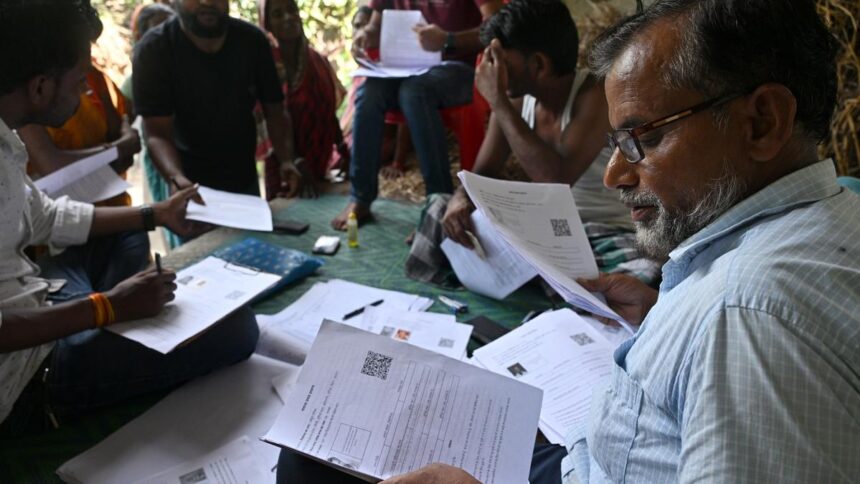The famed Kerala model of development has many successes, particularly in the areas of health and education. Now, the government is keen on setting another model in the area of elderly welfare and protection.
The draft Kerala State Policy for Elder Persons, 2025 proposes development of the ‘Kerala model of ageing’ through active participation of local self-governments in planning, resource mobilisation, and service delivery.
It envisages a pivotal role for local self-governments in fostering community-driven care models that emphasise collective responsibility.
Ageing in place
The government will promote ageing in place by strengthening home and community-based care systems. The goal is to develop person-centred care networks supported by the local governments, healthcare providers, and non-governmental organisations to ensure ageing in place (living in own homes rather than relocating or in institutional settings), long-term care, and accessible healthcare while addressing the needs of unpaid caregivers, including the emotional burden on them.
Families will be supported through financial assistance, training, and care-giving resources and enhance service delivery. The ambitious policy also defines pathways to help achieve these objectives.
Local governments will maintain a comprehensive database of eligible elders to facilitate interventions. Status reports will be drafted by them every year with the support of elder neighbourhood groups (ENHGs) to gain insights into emerging challenges and assess the effectiveness of elder care policies. This report will evolve into local annual action plans and individual care plans for the vulnerable elders.
The government will launch a dedicated professional cadre under the Social Justice department to be placed at the local-government level to oversee elder care programmes and ensure that they are managed by qualified professionals.
Local governments will be mandated to allocate a minimum of 10% of their annual Budgets to elder care initiatives.
Volunteer technical corps will be established at the local government, district, and State levels to provide technical expertise, inputs, and recommendations to enhance elder care initiatives.
State of elderly report
The State government will publish a ‘state of elderly report’ every five years to get an idea about demographic trends and evaluate service delivery gaps for effective resource allocations and interventions.
Recognising the importance of care-givers, the policy proposes training programmes to equip family-based and informal caregivers with essential skills, including in infection control and chronic condition management.
The government will join hands with local governments and accredited partners to establish respite homes and block-level short-stay care centres that can provide temporary relief to caregivers who are responsible for high-dependency seniors.
Community care centres such as ‘Pakalveedu’ and Vayo Clubs will be expanded to underserved areas.
Local governments will implement a structured doorstep delivery system for essential services such as pensions, medicines, and ration supplies.
The policy also lays stress on community-driven affordable and accessible housing schemes.
Published – August 11, 2025 07:51 pm IST





















